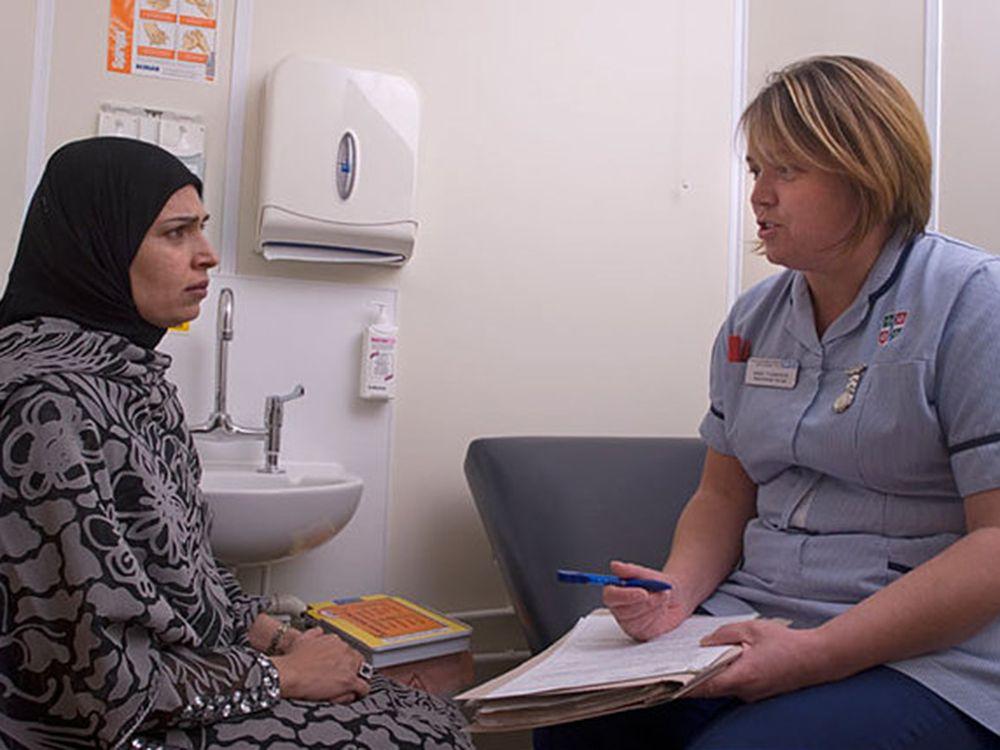Abstract
Difficulties with bladder control affect one in five people in the UK and bowel problems affect one in ten. The quality of continence care can be poor and is then associated with increased admission to nursing or residential homes. Our study, which is summarised in this article, set out to identify factors that help and hinder good continence care for patients aged ≥65 years in hospital medical ward settings. We carried out 27 face-to-face interviews with nursing, medical and allied health practitioners in three hospitals. Examples of good-quality care included person-centred care that encouraged independence; poor-quality care resulted from over-reliance on products, such as pads or catheters, with an associated risk of infections. Practitioners suggested that continence care could be improved through open communication with patients, conservative treatments and regular continence care training.

Citation: Percival J et al (2022) Practitioner suggestions for improving continence care in hospitals. Nursing Times [online]; 118: 4.
Authors: John Percival is research associate; Nikki Cotterill is associate professor in continence care; Candy McCabe is Florence Nightingale Foundation clinical professor in nursing; Fiona Cramp is professor of long-term conditions; all at Faculty of Health and Applied Sciences, University of the West of England.
